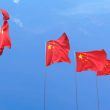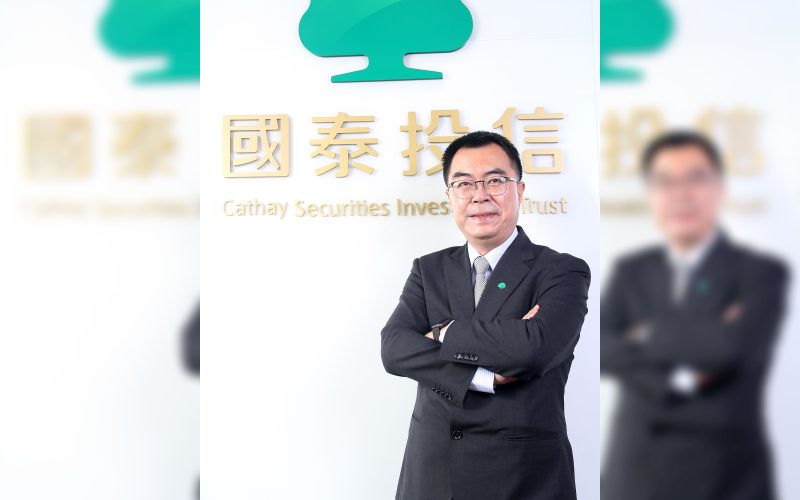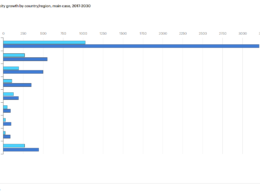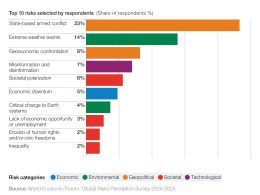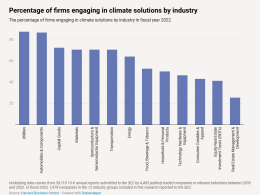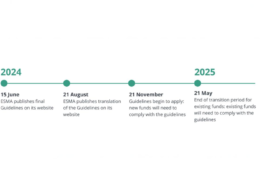As a proud media partner of the Asia Sustainability Reporting Awards (ASRA) 2024, ESG Post is pleased to present an exclusive conversation with Andy Chang, President and CEO of Cathay Securities Investment Trust. The company, one of Taiwan’s leading asset management firms, was honoured with the Silver Award for Asia’s Best Sustainability Report (First Time).
In this interview, Mr. Chang shares insights into the motivations behind the company’s sustainability reporting journey, the challenges they’ve overcome, and the tangible benefits of robust sustainability disclosure. He also reflects on how sustainability reporting is set to evolve in the coming years and offers practical advice to peers aiming for excellence in sustainability communication.
Why does your company publish a sustainability report?
Our company is one of the first five asset management firms in Taiwan with assets exceeding NT$600 billion, required by regulatory authorities to publish sustainability reports. We aim to communicate with various stakeholders through these reports and to review and document our sustainability practices for the year.
Which part of sustainability reporting did you find to be the most challenging?
In this year’s sustainability report, we have disclosed information based on the TCFD framework for the first time, completed scenario analyses of various climate physical and transition risks, and exceeded the requirements of regulatory authorities. Our self-developed scenario analysis method has also been certified with a Taiwan patent.
How has your company benefitted from disclosing sustainability performance?
The sustainability report helps stakeholders better understand our sustainability performance. It serves as a sustainability database for our company, providing a basis for communication with business units, regulatory authorities, and customers. The report also enhances internal employees’ understanding of the company’s sustainability efforts, increasing their sense of identification with the company. This report has won multiple domestic and international awards. Due to our sustainability report, we have been recognized by the Taiwan Investment Trust and Consulting Association, invited to join the TCFD pilot group for the asset manager industry, and serve as lecturers for the greenhouse gas Scope 3 inventory course, enhancing our industry’s position.
What steps do you take to ensure that your sustainability report is reliable and credible?
Our report is compiled based on international standards such as GRI, SASB, and TCFD. Environmental and information categories have been verified by BSI and disclosed in the report. We have also commissioned third-party certification bodies to verify multiple indicators in the report, making us the first company in Taiwan to obtain assurance under the TWSAE3000* standard by accountants, increasing the report’s credibility and reliability.
How do you think sustainability reporting will evolve in the next five years?
Sustainability reports will develop more diversely, including disclosures related to TNFD, IFRS S1S2, and TISFD. More companies will be subject to Taxonomy disclosure requirements from Europe or local authorities. For example, Taiwan’s Taxonomy (Sustainable Economic Activity Guidance) has been implemented by the end of 2024, requiring more Taiwanese industries to disclose their sustainability applicability and compliance levels, making sustainability reports more helpful for investors to understand companies’ sustainability efforts.
What advice would you offer to other companies striving to enhance their sustainability reporting practices and earn recognition in initiatives like the Asia Sustainability Reporting Awards?
It is recommended to establish a dedicated sustainability unit and set up a sustainability committee with senior managements involved in sustainability strategy planning. Regularly track the company’s sustainability gaps and make improvements.
*Note: The TWSAE3000 standard is for assurance engagements other than audits or reviews of historical financial information.












